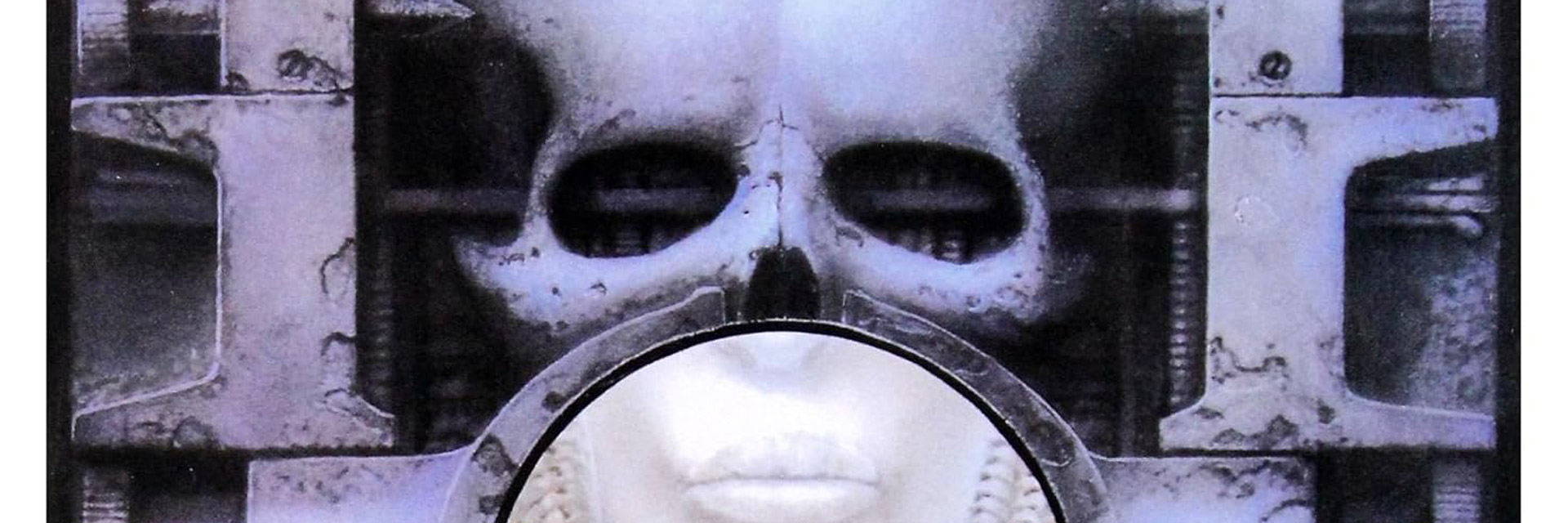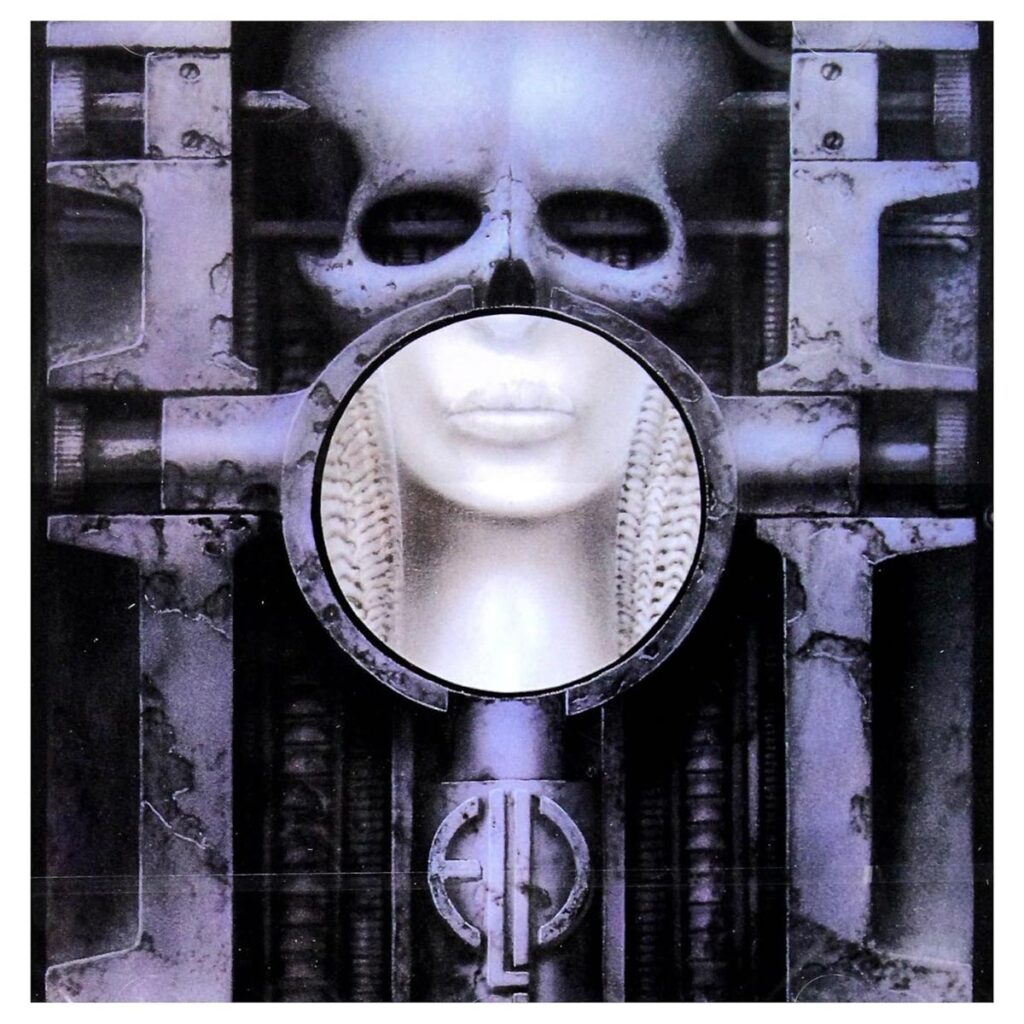Brain Salad Surgery, the fourth studio album by the supergroup Emerson, Lake & Palmer (ELP), was released in 1973 after an extensive touring period.
The band felt they were at the peak of their creativity: “I thought the album was the beginning of our big rise,” Carl Palmer stated. In retrospect, though, it marked the closing chapter of ELP’s golden era. Even so, many fans, critics, and musicians consider Brain Salad Surgery to be the band’s strongest album. Rick Wakeman believes it was “far ahead of its time.” Frank Us (Legacy Pilots) calls it “the ultimate work of progressive rock.”
The initial reactions from the music press, however, were less enthusiastic. The first side of the record in particular seemed rather patchy – featuring a completely unmotivated English hymn, one of those notorious classical adaptations, the obligatory Greg Lake ballad, and even a honky-tonk number.
The heart of the album, though, is the original long track “Karn Evil 9” – actually a trilogy, a “half-hour science-fiction suite” (Ian Fortnam). The starting point of the first part (“First Impression”) is a vision of a dystopian world, where only a surreal circus (starting at 5:22) can provide amusement. Emerson imagined this world on an exoplanet he called “Ganton 9.” Lyricist Peter Sinfield, who was brought in as co-writer, found the circus element more compelling and preferred the word “Carnival.” As a synthesis, the song’s title became “Karn Evil 9.” (Emerson was also a fan of stuntman Evel Knievel.)
This “First Impression” (13:22) turned out to be rather text-heavy (about 3,000 characters!) but melodically quite simple. (The circus section alone has 13 uniform four-line verses, each with a triple rhyme.) The instrumental interludes – on Hammond organ, synthesizer, electric guitar, drums, and other combinations – are numerous and colorful, though usually quite short. By contrast, the “Second Impression” (7:07) is entirely instrumental. Emerson returned here to the piano trio format (piano, bass, drums), something he had loved since his jazz beginnings. (At least two jazz themes are quoted in the piece.) It features a hectic, virtuosic main theme, a two-minute mysterious, calm middle section, and a jazzy, fast-paced improvisation toward the end. There’s even a “Caribbean”-flavored organ solo with a steel-drum sound.
With the “Third Impression” (9:06), the music returns to the science-fiction dystopia. This time, it’s about the conflict between man and computer –in 1973, mind you, long before PCs, the internet, or AI. Musically, “Third Impression” is the most capricious part of the “Karn Evil” suite – an “extremely aggressive piece” (Walter Sehrer) with “impetuous, diamond-hard structures” (Paul Stump). A true Greg Lake classic is the vocal melody (from 0:25): “Man alone, born of stone, will stamp the dust of time.” Emerson’s synthesizer answers with a melodic variation (at 3:00) that carries a certain Prokofiev feel. The overall character of the piece is march-like, almost martial. There are synthesizer fanfares and later an ostinato staccato rhythm. The organ solo (from 4:30) leads into the most musically interesting passage (from 5:50) – the actual “battle” between man and machine. The distorted computer voice (“I’m perfect! Are you?”) was, in fact, Keith Emerson himself.
Find Brain Salad Surgery by Emerson, Lake & Palmer on discogs.com


